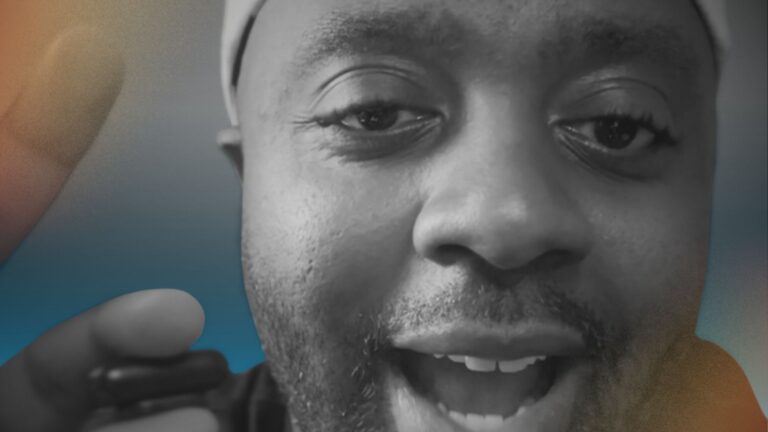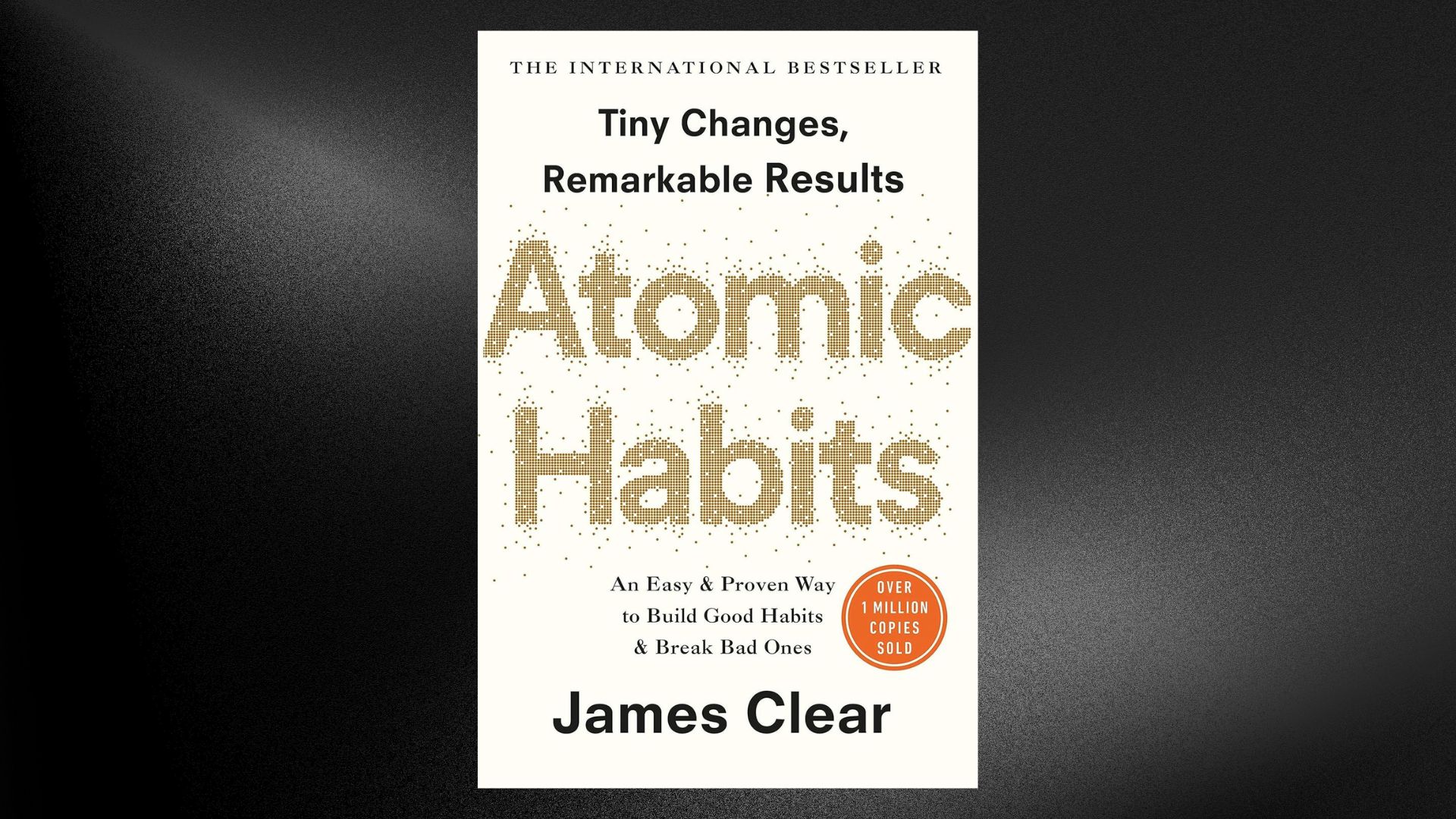
In a media environment increasingly dominated by platform exclusivity and corporate acquisitions, Steven Bartlett is charting his own course—and redefining what it means to build a media empire from the ground up. The entrepreneur, author, and podcast host behind The Diary of a CEO has not only transformed his flagship show into a global juggernaut, but is also shaping the future of media through his company, Flight Story—a hybrid media and investment firm engineered around host-led content, human connection, and relentless innovation.
From Diary Pages to Dominating Charts
Launched in 2017, The Diary of a CEO began as a passion project to explore the inner lives and motivations of high-achieving individuals. “I guess what would be written in their diary,” Bartlett explains, was always the north star. By the end of 2024, the podcast had surpassed 50 million monthly listeners, positioning itself as the second largest host-led podcast globally—trailing only Joe Rogan. Revenue followed the audience: $20 million in 2024, with projections aiming even higher.
But for Bartlett, commercial success is not the end goal. It’s a proof point. A validation of a deeper thesis: that audiences crave human stories told by human hosts, and that those stories can unlock ecosystems of engagement far beyond audio.
Stevent Bartlett’s Flight Story Model: More Than a Podcast Network
Flight Story isn’t just another podcast label. It’s a fully integrated media and investment company built around what Bartlett calls “human IP”—personality-driven content that creates not just listeners but superfans. From there, Flight Story spins out products, books, events, and even investment vehicles around its hosts, turning creators into multi-channel enterprises.
At the core of this approach is data. “We’re not operating on gut,” says Bartlett. The company leans heavily into data science to identify breakout talent, measure audience resonance, and refine monetization strategies. This leads to what he calls an “enablement loop”—content that not only entertains but empowers audiences to act, improve, and transform.
This principle-driven, feedback-driven environment fosters agility. “Our job is to increase the rate of failure,” he says. Weekly internal awards celebrate the team member who ran the most experiments, underscoring a culture where failure is not just tolerated but incentivized.
Turning Down $100M—and Why It Matters
Perhaps most revealing of Bartlett’s ethos is what he’s refused. Amid the show’s meteoric rise, he turned down acquisition offers north of $100 million. While tempting, the deals would have limited his cross-platform freedom and experimentation.
“Flexibility is the value,” he says. In a world of walled gardens, Bartlett is choosing openness—believing that syndication, autonomy, and speed trump the perks of a big exit.
This independence allows Flight Story to move fast, iterate in real time, and even test disruptive tech. One such initiative, Flight X, is exploring AI-generated podcasts—an admittedly “bizarre” but important hedge against stagnation. “We’ve got to lean in early,” Bartlett insists.
Principles, Not Playbooks
In typical Bartlett fashion, the company’s philosophy is less about rigid strategy and more about instilling principles. “Strategy is giving someone a fish,” he explains. “Principles are giving them the rod.” At Flight Story, that rod is built on three pillars: experiment often, hire obsessively, and build a culture that makes exceptional people do the best work of their lives.
Recruiting, in particular, is a full-contact sport for Bartlett. He dedicates time daily to sourcing talent, calling it his “absolute obsession” and the single biggest determinant of success. “It’s not how good I am—it’s who I can attract to build this with me.”
Human IP and the New Attention Economy
Bartlett believes we are living through a tectonic shift in media. With every smartphone user now a potential publisher, attention is the currency—and human connection is the differentiator. “The future of media is human-led, human-hosted IP with an ecosystem built around it,” he says.
That’s why Flight Story is focused not only on building audiences but on building fandoms. The goal isn’t to go viral. It’s to become indispensable—to build brands that live in someone’s head, not just their feed.
This vision extends to how Flight Story bridges creators and companies. By pairing influential voices with mission-aligned founders, Bartlett believes they can unlock exponential value. “In the attention economy, 1 plus 1 equals 3,” he says.
[RELATED] The ‘Yes’ That Built an Empire: How Tyler Denk Went from Rock Bottom to Beehiiv CEO
Final Takeaway
Steven Bartlett’s Flight Story is more than a company—it’s a manifesto for a new kind of media entrepreneurship. One that values experimentation over polish, principles over playbooks, and independence over acquisition. In an era where creators are commoditized and platforms chase scale at all costs, Bartlett offers an alternative: Build slow, stay flexible, bet on people, and own your story.
It’s a strategy—no, a principle—that’s turning the “diary” of a CEO into a playbook for a new generation of media moguls.





